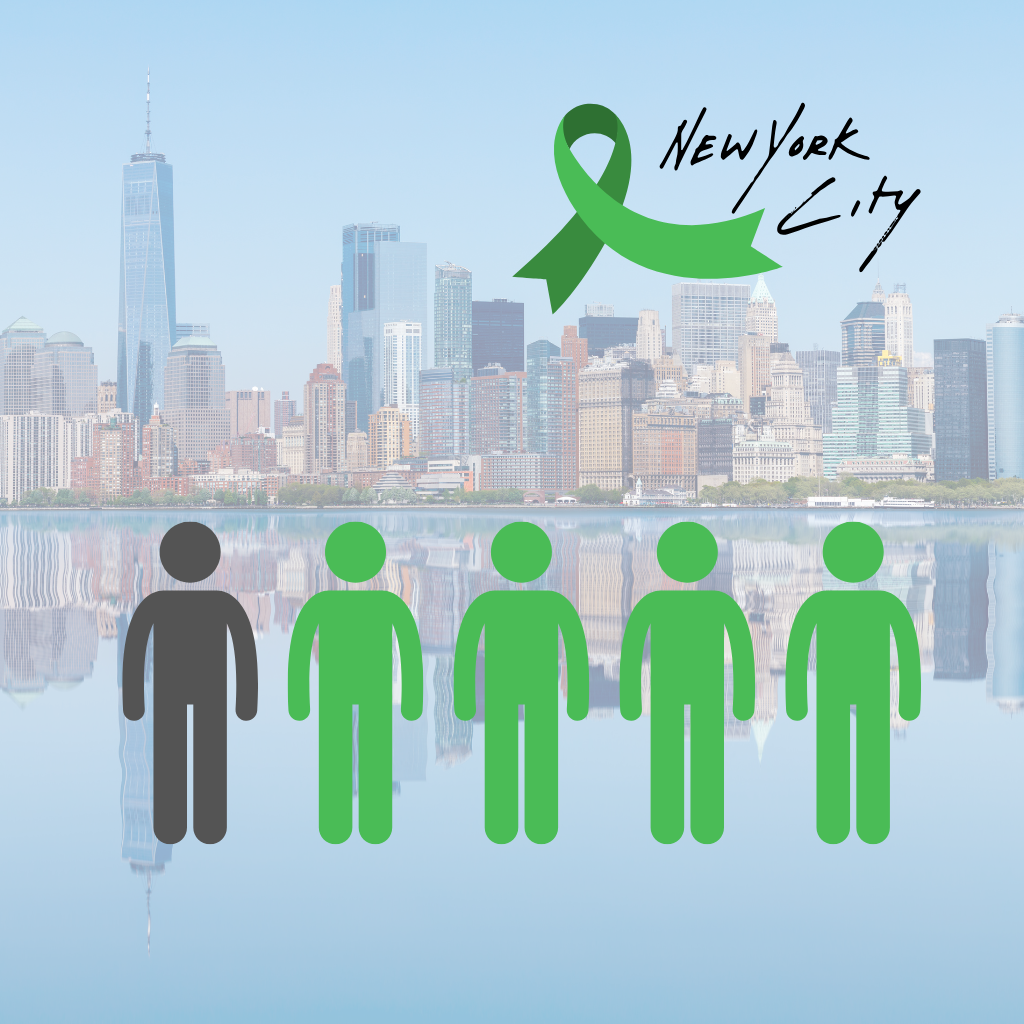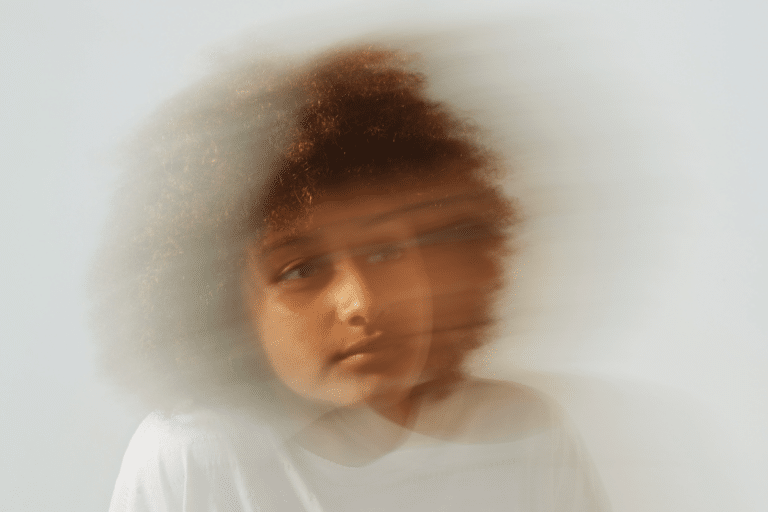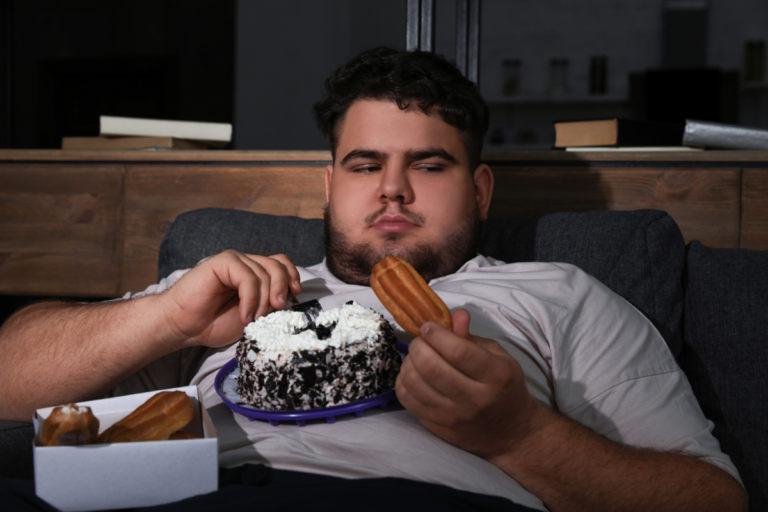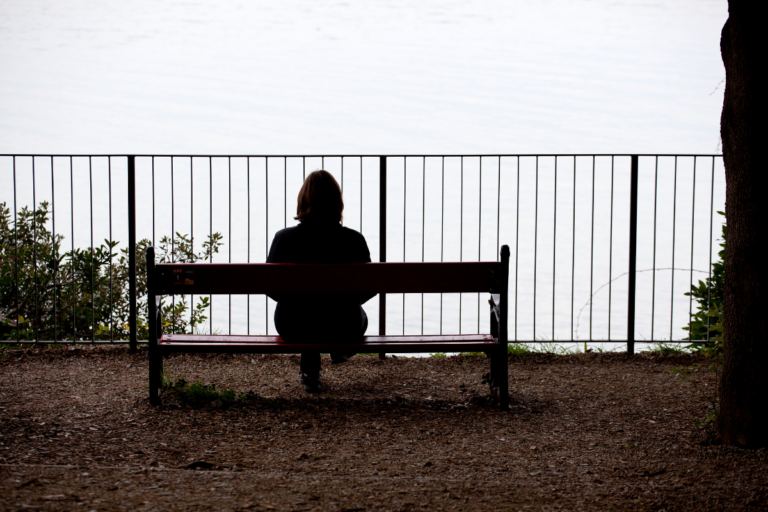How to Find a Psychiatrist in New York That Can Help with Depression
Maddison Henley PA-C

Finding a psychiatrist in New York for depression can be a complex process. With thousands of providers across the state, differences in specialties, and uneven access between urban and rural areas, the search is often challenging. At the same time, depression remains one of the most common mental health concerns in New York, with nearly one in five adults reporting symptoms in recent surveys. Understanding the landscape of care, knowing what to look for in a provider, and identifying reliable resources can make the path toward treatment clearer and more manageable.
Why Local Data Matters: Depression And Access In New York
Depression is a significant public health concern in New York. Recent data show that approximately 20% of adults in the state report experiencing symptoms of anxiety or depression. While rates have improved somewhat since the height of the COVID-19 pandemic, they remain elevated among younger adults and lower-income households.
Access to psychiatric care is not consistent across the state. Urban centers such as New York City have a higher concentration of psychiatrists, whereas rural and upstate regions continue to face shortages.

How to Find a Psychiatrist You Need?
Psychiatrists differ in their areas of training and focus. Understanding these distinctions helps determine the most appropriate specialist:
- General psychiatrists typically treat adult depression.
- Child and adolescent psychiatrists are trained specifically to address mood disorders in younger populations.
- Geriatric psychiatrists specialize in older adults and coexisting medical conditions.
- Addiction psychiatrists address cases in which substance use overlaps with depression.
Some psychiatrists provide both psychotherapy and medication management, while others focus primarily on prescribing and coordinating with therapists.
Where To Search Reliable, New York–Specific Resources
Several trusted resources can assist in locating psychiatrists who treat depression in New York:
- New York State Office of Mental Health (OMH) directory — searchable by county and program type.
- NY.gov Mental Health Program Finder — lists state-supported and community programs.
- NYC 988 — crisis counseling and referral services specific to New York City.
- Hospital systems such as Mount Sinai Psychiatry, NYU Langone Psychiatry, and Northwell Health provide directories of board-certified psychiatrists by specialty.
- Online directories such as Zocdoc, Psychology Today, and Healthgrades offer filters for location, insurance, and clinical focus.
Insurance providers also maintain in-network directories, which are useful for identifying psychiatrists who accept specific plans.
Verifying Credentials And Experience
Credential checks are essential when selecting a psychiatrist:
- Board Certification — The American Board of Psychiatry and Neurology (ABPN) allows verification of certification status.
- Subspecialties — Training in child/adolescent, geriatric, or addiction psychiatry may be important depending on the clinical picture.
- Clinical focus — Providers should demonstrate experience treating depression and other mood disorders.
- Logistical considerations — Insurance acceptance, telehealth availability, and estimated wait times are critical factors in accessibility.
Key Questions Before Scheduling
Certain questions help clarify whether a psychiatrist is appropriate for treating depression:
- “Do you regularly treat patients with depression?”
- “What treatment approaches are used most often?”
- “Is telepsychiatry offered?”
- “What is the typical frequency of follow-up visits?”
- “How is care coordinated with therapists or other providers?”
Responses to these questions provide insight into the psychiatrist’s approach and availability.
What Effective Treatment Looks Like?
Evidence-based treatment for depression generally involves psychotherapy, medication, or a combination of both. Cognitive Behavioral Therapy (CBT) is among the most studied and effective forms of therapy. For moderate to severe depression, psychiatrists often prescribe antidepressants such as selective serotonin reuptake inhibitors (SSRIs).
Effective care typically includes a clear treatment plan, regular monitoring, and flexibility in adjusting treatment when necessary.
Practical Strategies For Improving Access
Practical steps may help individuals access psychiatric care more efficiently:
- Telepsychiatry expands access for individuals living outside major metropolitan areas.
- Primary care referrals can expedite the process, as primary care physicians often maintain networks of trusted psychiatrists.
- Community mental health centers may provide more affordable care through sliding scale fees.
- Symptom tracking (sleep, mood, appetite, concentration) helps guide psychiatric assessment and treatment planning.
- Waitlist management — asking about cancellation lists may allow earlier appointments.
Red Flags and Urgent Needs

Immediate intervention is necessary when depression symptoms escalate to emergencies, including suicidal ideation, inability to perform basic self-care, or psychosis. In these cases, contacting 911 or 988 Suicide & Crisis Lifeline is recommended. New York City residents can also access support via NYC 988, which operates 24/7.
Final Thoughts
Accessing a psychiatrist in New York for depression involves a balance of understanding local availability, evaluating clinical expertise, and identifying evidence-based treatment approaches. By utilizing state and city-specific resources, verifying credentials, and asking the right questions, individuals can connect with psychiatric care that supports both symptom management and long-term recovery.
Responsibly edited by AI
Other Blog Posts in
Animo Sano Psychiatry is open for patients in North Carolina, Georgia and Tennessee. If you’d like to schedule an appointment, please contact us.
Get Access to Behavioral Health Care
Let’s take your first step towards. Press the button to get started. We’ll be back to you as soon as possible.ecovery, together.




